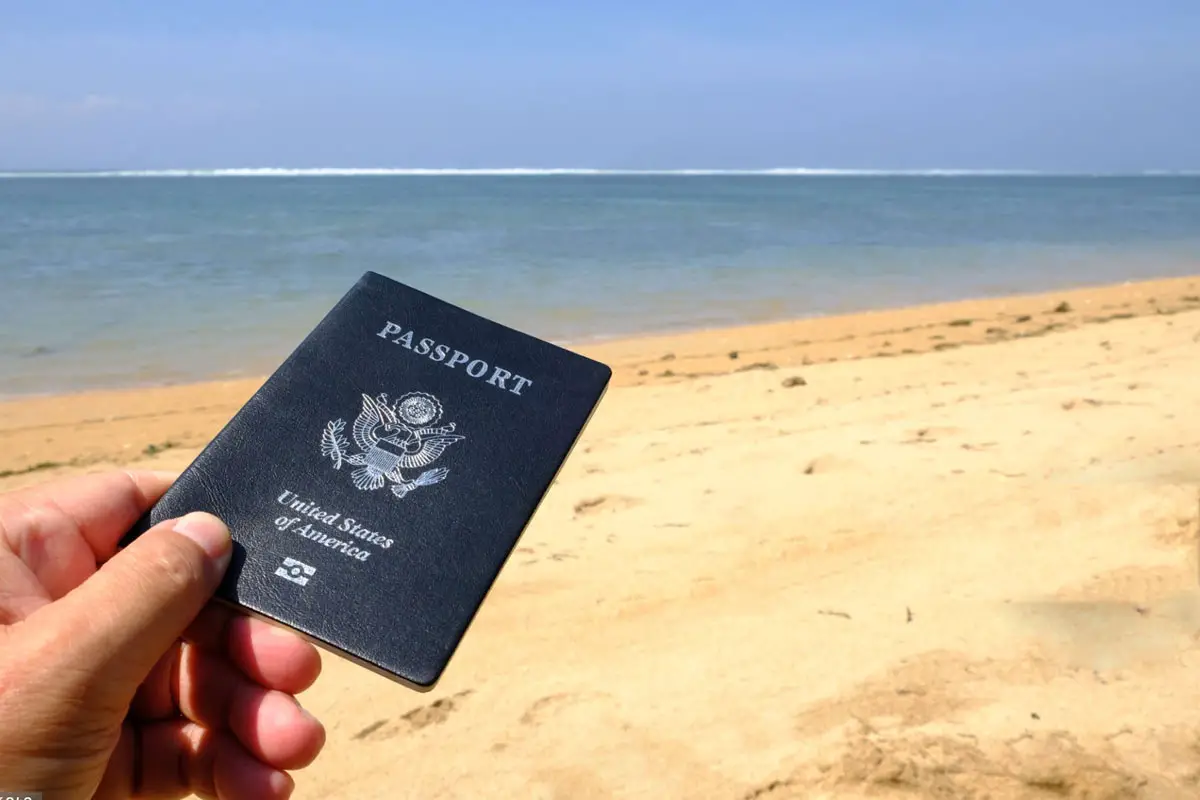In an era of global interconnection, the pursuit of alternative citizenship has become a prevailing aspiration for many individuals.
Whether motivated by a desire for a lifestyle shift, educational pursuits, or the exploration of new economic landscapes, meticulous planning is imperative.
Prior to embarking on the application journey, a comprehensive understanding of protocols and specific requirements is paramount. This article delves into diverse approaches to secure citizenship in a foreign land.
5 Ways of Acquiring Citizenship in Another Country
1. Investment-Based Citizenship
Embark on a journey towards acquiring citizenship by becoming a high net-worth individual. The avenue of residence-by-investment programs offers a pathway to permanent residency through financial investments. While the regulations differ from one country to another, the core prerequisites often revolve around entrepreneurial acumen and financial capability.
Eligibility mandates being of legal age and maintaining an active bank account with a regulated institution in the host country. Specific minimum net worth requirements may apply depending on the nation. Rigorous evaluations by immigration authorities delve into scrutinizing the source of wealth, ensuring transparency and authenticity.
2. Birthright Citizenship
A fundamental legal principle, birthright citizenship confers automatic nationality to individuals born within the territorial confines of a nation, irrespective of parental nationality. Rooted in the tradition of jus soli, this principle fosters a sense of belonging and inclusivity. Notably, the United States enshrines this concept in the 14th Amendment of its Constitution.
Advocates for inclusivity and social integration continually seek adjustments to this principle. Lawmakers strive to find ways to make amendments, ensuring it aligns with contemporary perspectives on parentage.
3. Spousal or Partner Route
Civil partnerships and marriages often serve as avenues for citizenship acquisition in numerous countries. If you’ve entered into matrimony with a citizen of the host country, you can initiate the application process. Demonstrating the authenticity of the relationship is crucial, and meeting specific residency requirements may be obligatory.
For those in common-law relationships with permanent residents or citizens in the UK, the De Facto Visa is an option. This applies when financial affairs are significantly intertwined, and the relationship spans a minimum of two years. Seek assistance from immigration law experts for a seamless application process, ensuring all documents are error-free.
4. Citizenship by Descent
Automatic eligibility ensues if one or both parents hold full nationality. This reflects a nation’s deliberate efforts to preserve its cultural heritage. During this process, presenting relevant documents supporting familial relationships is essential, including both your and your parent’s birth certificates. Eligibility criteria may vary based on ancestral links, necessitating a thorough understanding of requirements.
5. Naturalization
Under this method, citizenship application is feasible after residing in the host country for a specific duration, typically five years in the US and UK. Meeting the requisite legal residency status during this period is imperative. The naturalization process involves thorough assessments, evaluating conduct, common law knowledge, and patriotism levels.
Conclusion
Navigating the path to a new citizenship demands adherence to proper protocols. A comprehensive grasp of qualifying factors set by the host nation is the initial step. Gathering requisite documentation and collaborating with immigration authorities ensure a seamless journey towards international citizenship.
FAQs (Frequently Asked Questions):
- Q: What is investment-based citizenship, and how can it lead to global citizenship acquisition?A: Investment-based citizenship involves becoming a high net-worth individual through residence-by-investment programs, paving the way for permanent residency. The process often centers around financial investments, entrepreneurship, and meeting specific criteria set by the host country.
- Q: How does birthright citizenship contribute to obtaining global citizenship?A: Birthright citizenship grants automatic nationality to individuals born within a nation’s borders, fostering inclusivity. Understanding this legal principle and its application is crucial for those seeking international citizenship.
- Q: Can marriages or civil partnerships be a pathway to global citizenship, and what are the key requirements?A: Yes, marriages and civil partnerships in many countries can serve as avenues for citizenship acquisition. Authenticating the relationship and meeting residency requirements are essential steps in the application process.
- Q: What is citizenship by descent, and how does it offer eligibility for global citizenship?A: Citizenship by descent provides automatic eligibility if one or both parents hold full nationality. Understanding the documentation requirements and ancestral links is vital for those pursuing this route to international citizenship.
- Q: What is naturalization, and how can it lead to acquiring citizenship in another country?A: Naturalization involves applying for citizenship after residing in a host country for a specified period. Meeting legal residency requirements, demonstrating good conduct, and understanding common laws are crucial aspects of the naturalization process.

